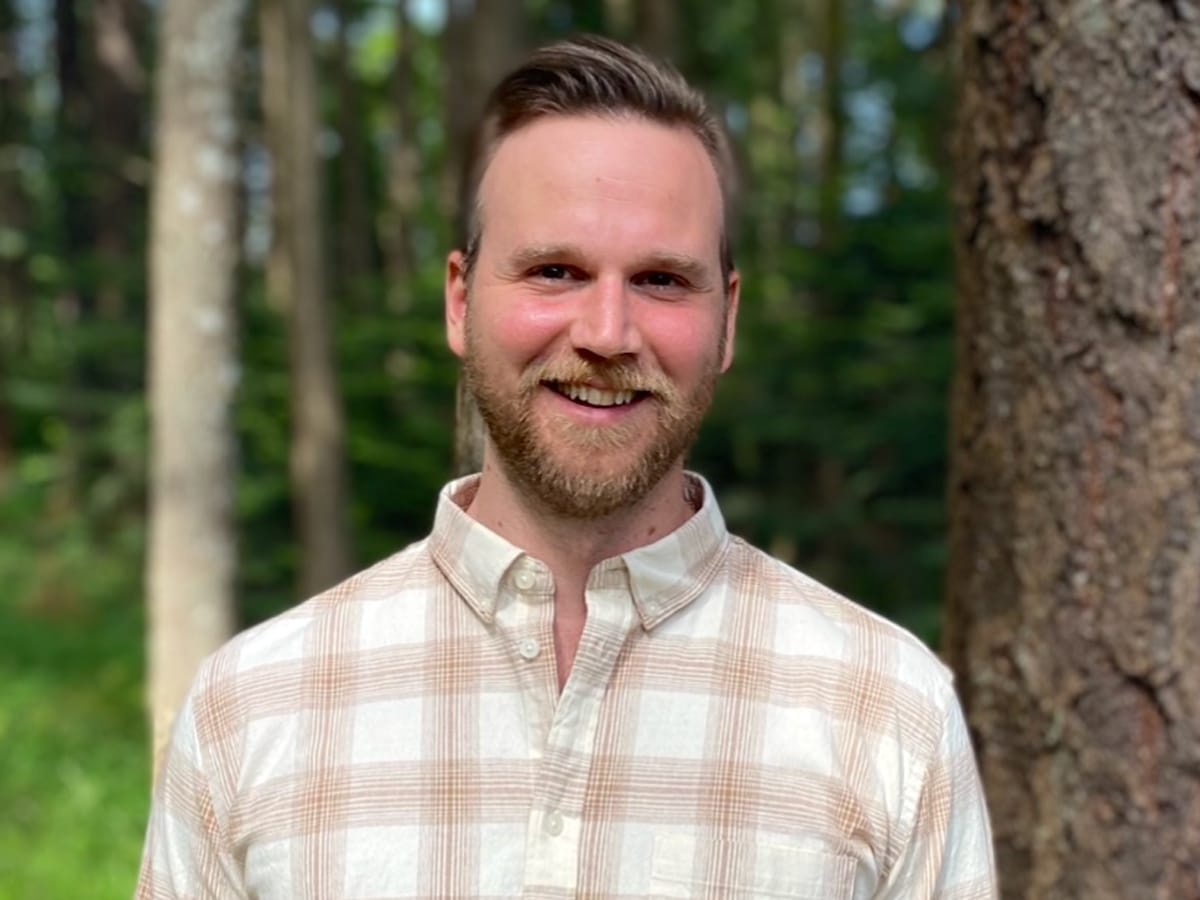The First Therapy Session
By Lookout Production on May 20, 2023 with Comments 0
 Thomas Goenczi, Lookout contributor — There is something genuinely palpable and ineffable about embarking on something for the first time. Stepping forward and embracing uncertainty, a willful deployment into the oceans of the unknown. In essence, to go into direct combat with fears.
Thomas Goenczi, Lookout contributor — There is something genuinely palpable and ineffable about embarking on something for the first time. Stepping forward and embracing uncertainty, a willful deployment into the oceans of the unknown. In essence, to go into direct combat with fears.
Often before the first therapy session, the individual becomes aware of a particular area they struggle with. Once the first session is booked, a whirlwind of thoughts and emotions whips around, ranging from adrenaline-inducing excitement to existential dread. These waves of excitement and nervousness become more frequent the closer you get to the office.
Some people deliberate what they’re going to say, how they’re going to say it, and what the whole process will be like. These are all common experiences before a session, which may culminate in the waiting room. The waiting area can be a great place to gather yourself and reset. Take subtle deep conscious breaths from the diaphragm and slowly exhale a few times. This is also the place to set an intention for your session.
You hear the footsteps approaching. The door opens, and you greet your therapist for the first time. You find your seat, and after going over confidentiality and informed consent, your first session finally begins. Some people struggle to know where to start, and others have been waiting to get this off their chest for a long time. Try to be authentic to yourself, don’t overthink it, just be.
After about 50 minutes, your counsellor discreetly checks the time and announces the session has ended. Emotions and thoughts thunder within. Sometimes people feel a little raw after the first session, some relieved, some confused, and sometimes people get this little spark and high afterward. What’s significant here is identifying the feeling and finding the reason for it. Maybe you feel raw because you had to open up about past trauma; maybe you feel relieved because you finally unburdened yourself about something you’ve kept to yourself for so long; or maybe you feel confused because you don’t know how to feel. It’s vital here to dispel the notion that these feelings and thoughts are limited to the first session. They’re not. Once fully committed to a long-term therapeutic process, you eventually imbue the wide range of human experience.
Reflect on your initial rapport with your counsellor. You must be able to see your therapist as someone whom you can trust and who you believe can contain the space needed for you to overcome your struggle. Now, this may take a couple of sessions, but if you feel and know that there is warmth, compassion, and a sense of purpose in the room, then this is a good indication you are a good fit for one another. At times, the client and counsellor are incongruent with one another. This is okay; don’t let this discourage you from the work you have set out to accomplish for yourself.
Obstacles arise in many forms, and you must not let them get the best of you. All you can do is continue the search and not let your first experience be your last.
Thomas Goenczi is an RCN Veteran and MA Clinical Counsellor with Private Practice: Well Then Therapy.
The content is not intended to be a substitute for professional advice, diagnosis, or treatment. Always seek the advice of your mental health professional or other qualified health provider with any questions you may have regarding your condition.
Filed Under: Top Stories
About the Author:






